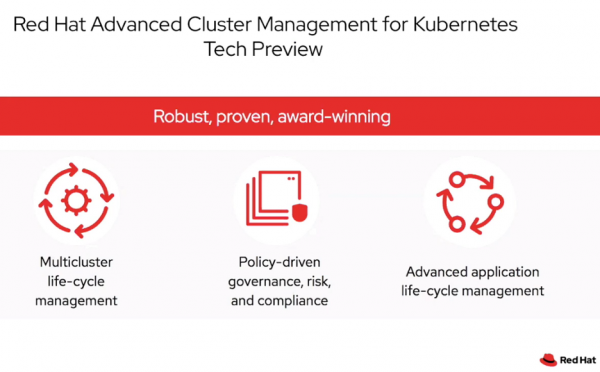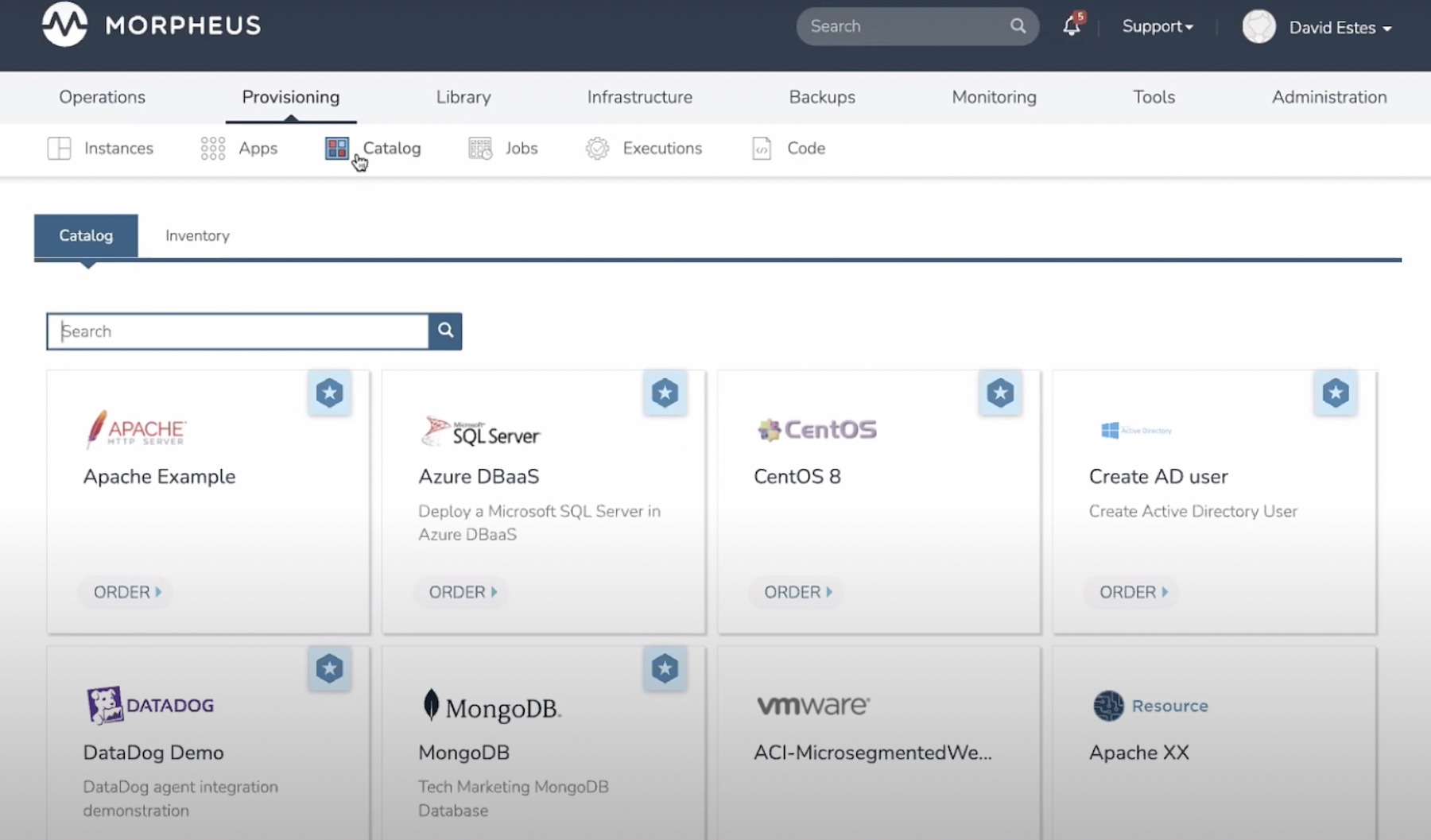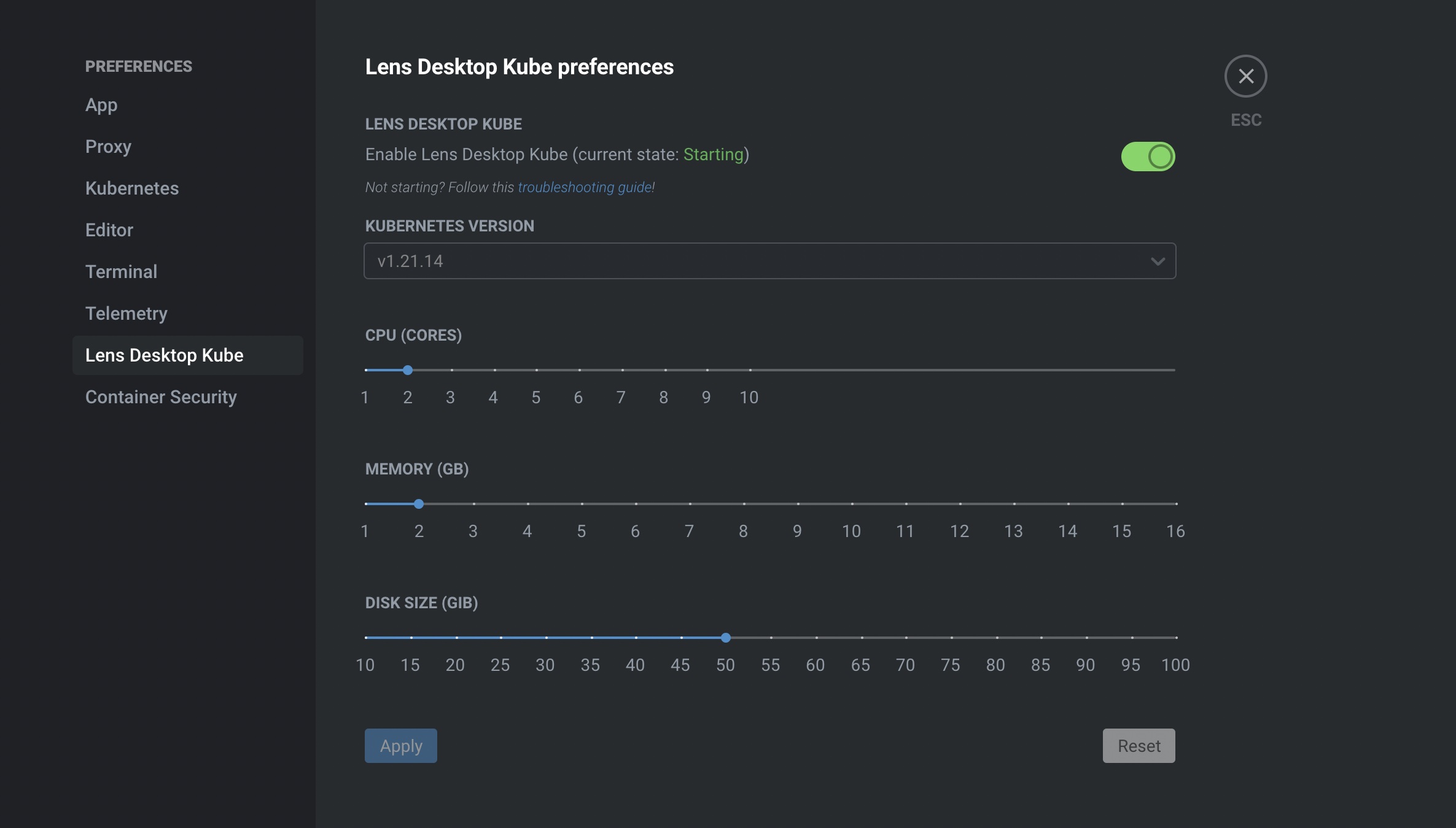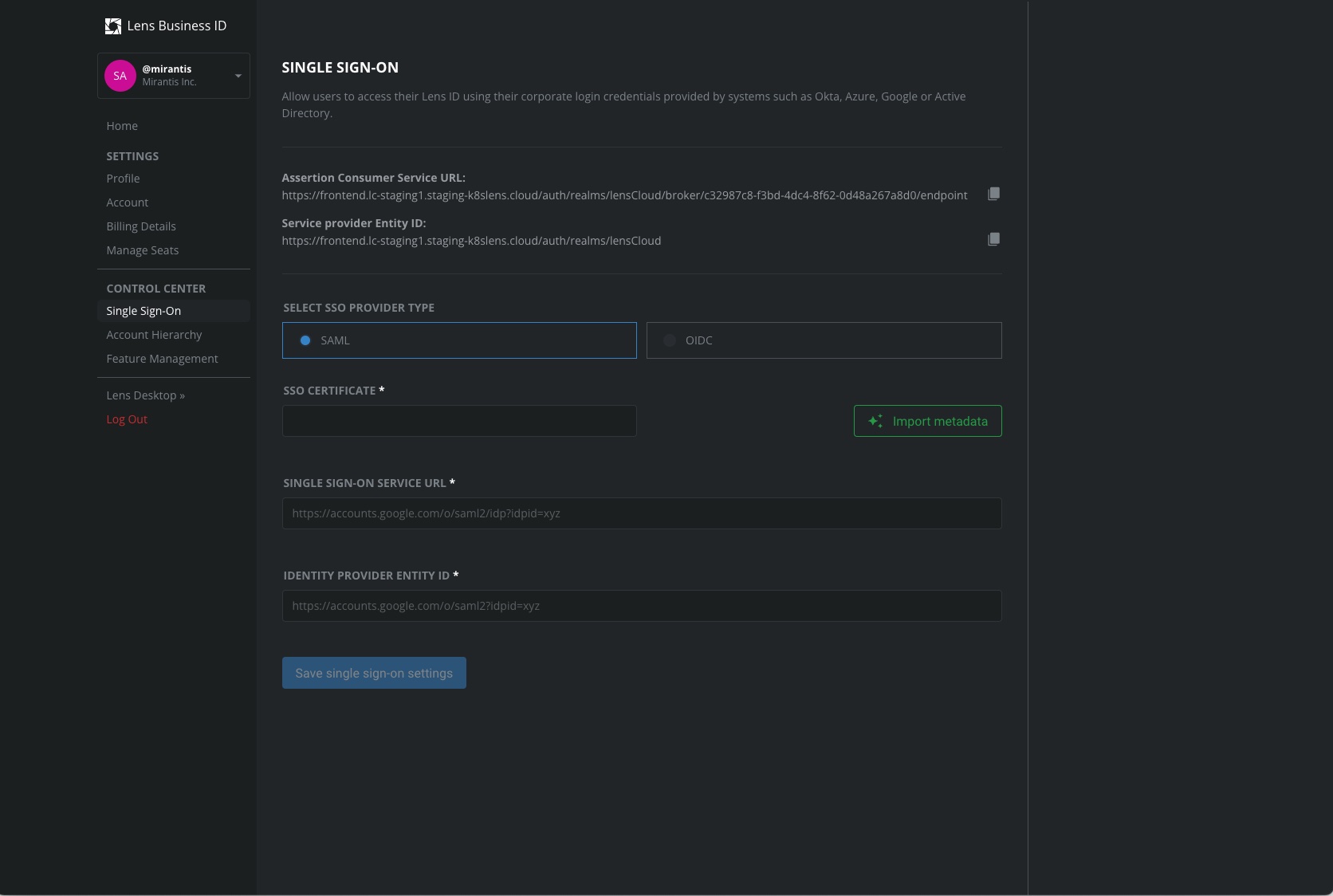Kubernetes has a reputation for being tough to deploy and manage. However, embracing the cloud and cloud-like agility means that enterprises need to find a way to wrestle away some of the complexity or partner with a vendor that can accomplish this. Red Hat, a leading provider of open source enterprise IT solutions, wants to solve this problem and spotlighted its Advanced Cluster Management that brings fleet management, visibility, and control to Kubernetes clusters wherever they are located.
Enterprise and Its Complicated Relationship with Kubernetes
As much as tech companies love to tout integration with Kubernetes or preach the virtues of this container orchestration platform, Kubernetes still has its fair share of skeptics. Kubernetes value proposition comes from its ability to automate resilient, scalable applications and Kubernetes’ inherent portability among private and public clouds. Organizations can leverage this application resilience and portability as they continue their quests to modernize legacy apps and transform.
Kubernetes, with all of its advantages, can be notoriously complex to manage. The promise of consistency in application development and application resiliency, whether on-premises or in the cloud makes mastering Kubernetes worth the challenge for many. Rich rewards await the vendors that can wrestle away some of Kubernetes’ inherent complexity and deliver Kubernetes to the enterprise en masse.
Advanced Cluster Management, a Single Pane of Glass for Kubernetes Clusters
At Tech Field Day Virtual with Red Hat, Red Hat highlighted Advanced Cluster Management (ACM), its customer-managed platform for delivering “end-to-end visibility and control” to Kubernetes clusters on-premises or in the public cloud. ACM not only supports OpenShift clusters but it can also manage Kubernetes clusters created outside of the OpenShift Container Platform.
 Policy-Driven Updates, Risk and Compliance, Fleet Management, and More
Policy-Driven Updates, Risk and Compliance, Fleet Management, and More
Red Hat Advanced Cluster Management (ACM) can deploy OpenShift clusters on AWS, GCP, Azure, or bare metal. ACM is poised for fleet management and keeping a plethora of Kubernetes clusters and components up to date while simultaneously ensuring component compatibility. Kubernetes can be particularly challenging because of the frequency of updates and the need to ensure alpha and beta code releases aren’t deployed into production workloads. In ACM, organizations can define update cadence profiles in which they specify attributes, such as being fast or stable, for their weekly updates. Applying updates is an integral part of keeping clusters and applications secure.
However, ACM brings even more value to multi-cluster Kubernetes management with policy-based risk, governance, and compliance. ACM can centrally enforce and audit clusters for risk and compliance purposes. An example would be creating a policy that requires specific clusters to use a pre-approved identity provider. Policy-based solutions like this can add the kind of enforcement and auditing that both Chief Information Security Officers (CISO) and auditors like to see. It also provides a way for organizations to include security throughout the entire cluster and application lifecycle. In addition, ACM provides advanced application lifecycle management with the ability to dynamically place workloads based on rules or tags.
Conclusion
Many in the industry believe Kubernetes will play an integral part in running workloads in the cloud. Red Hat bought into this notion and made this declaration: Kubernetes is to cloud what IP was to networking. At Tech Field Day Virtual with Red Hat, Red Hat laid out some of the work they are doing in OpenShift Container Platform for Kubernetes to create a solution that makes Kubernetes more easily consumable and manageable by all.
To learn more about Advance Cluster Management and to delve more into Red Hat’s multi-cloud cluster management strategy and story, check out Red Hat’s presentations from Tech Field Day Virtual with Red Hat.




